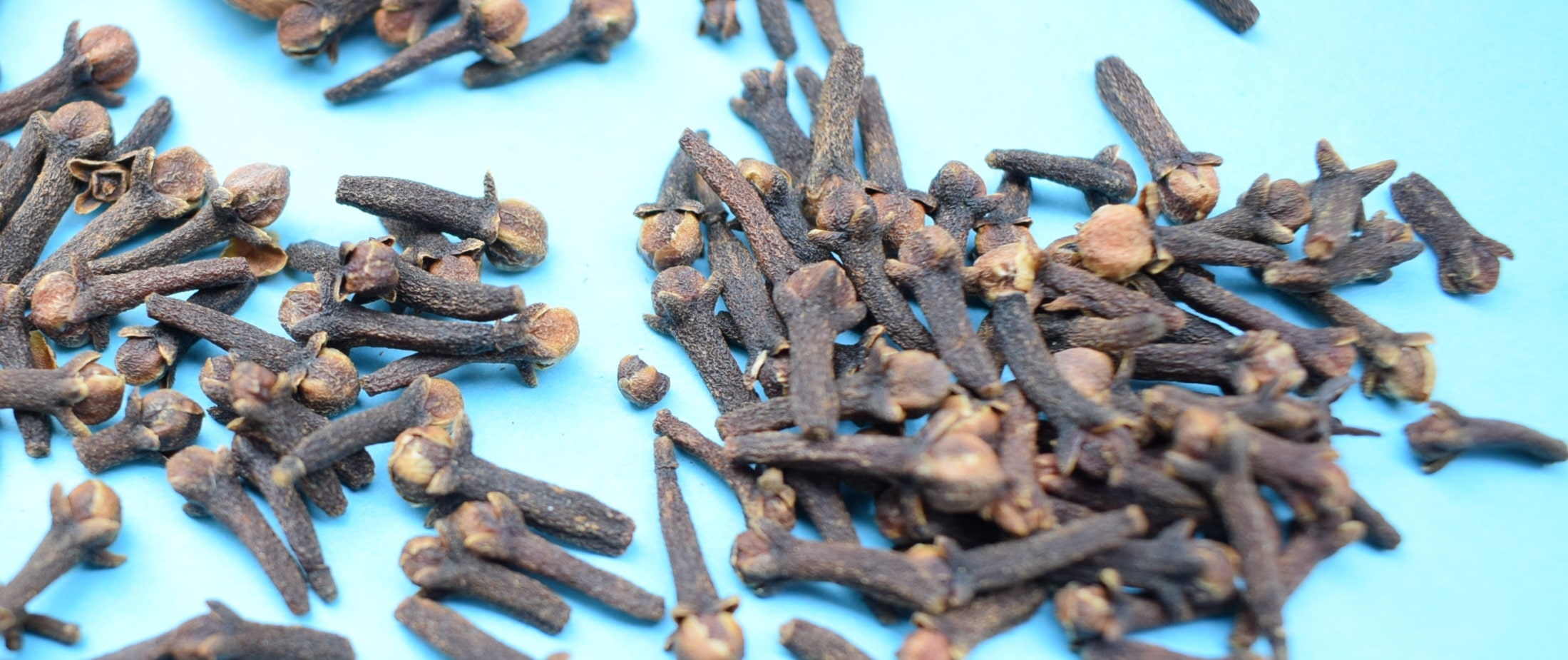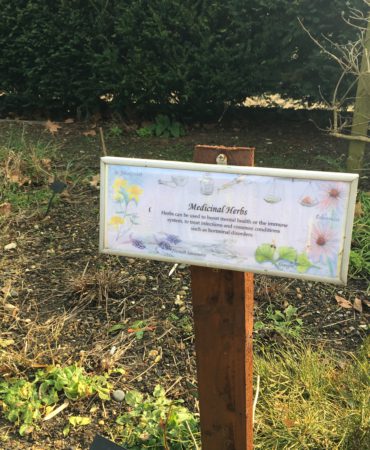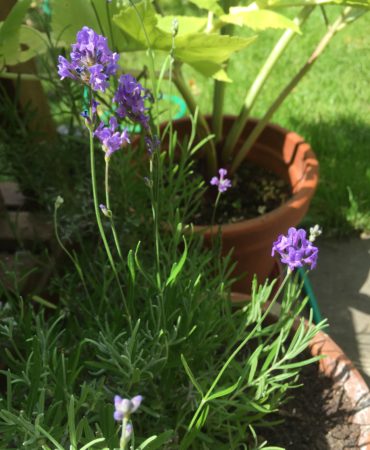Currently Empty: £0.00
Cloves for toothache by Ruth Ridley
Using cloves as an anesthetic
Cloves contain Eugenol
Eugenol is the active ingredient in clove oil, and can also be found in spices such as nutmeg and cinnamon as well as the herbs basil and bay. It acts as an analgesic by blocking nerve conduction and has various other properties including as an antibacterial [1].
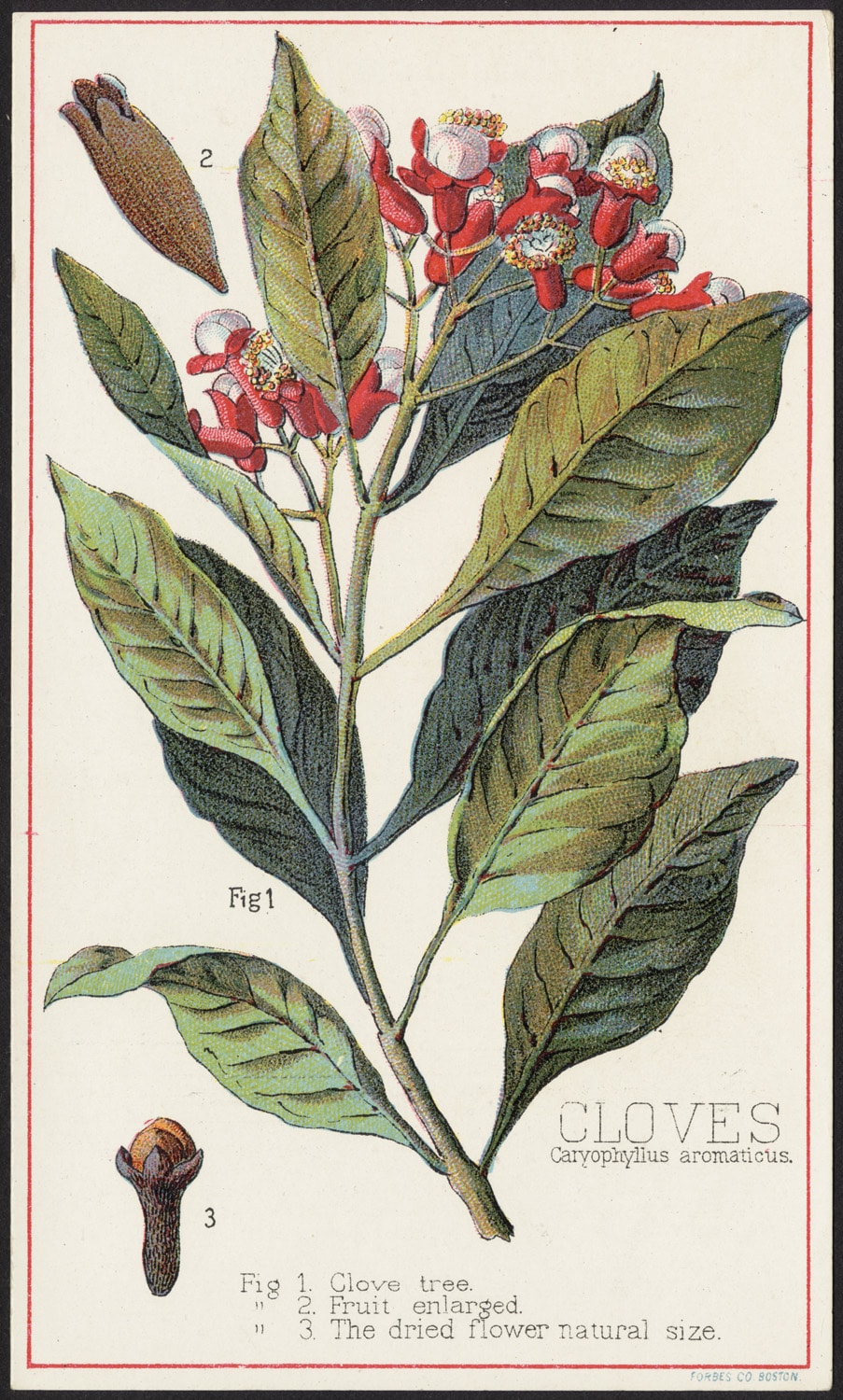
Antibacterial properties of cloves
The antibiotic nature of cloves can be attributed to the presence of eugenol, although other phytochemicals are of course present in the spice. It is possible that the relatively long shelf-life of spiced food may be an indicator of this germ-killing effect. Eugenol has been found to work by disrupting bacterial cell membranes [2]. There has been decades of work on the possibility of using various herbs and spices including cloves for use as antibiotics [3]. Work has been carried out to evaluate essential oils from spices for targeting resistant antibiotics for some time and there is some evidence to show that combining particular herbs and spices may have a particularly good effect [4].
Possible Future Uses of Spices as Antibiotics
There is currently an international race to beat antibiotic resistance. Going back to nature is one route that scientists are pursuing to find new ways of beating bacteria. Additionally, poorer countries may prefer to find natural, non-patented medicines which are likely to be cheaper than manufactured ones. However, because cloves can be an irritant, causing sensitization with repeated exposure, and are poisonous in larger doses, their usefulness may be limited.
Clove Oil Cautions
As mentioned above, clove oil should be used diluted and sparingly. As with many essential oils and medicines, it is poisonous in large quantities, and repeated use can result in sensitization. If you have dental discomfort, see your dentist as soon as possible. Do not use if pregnant.

